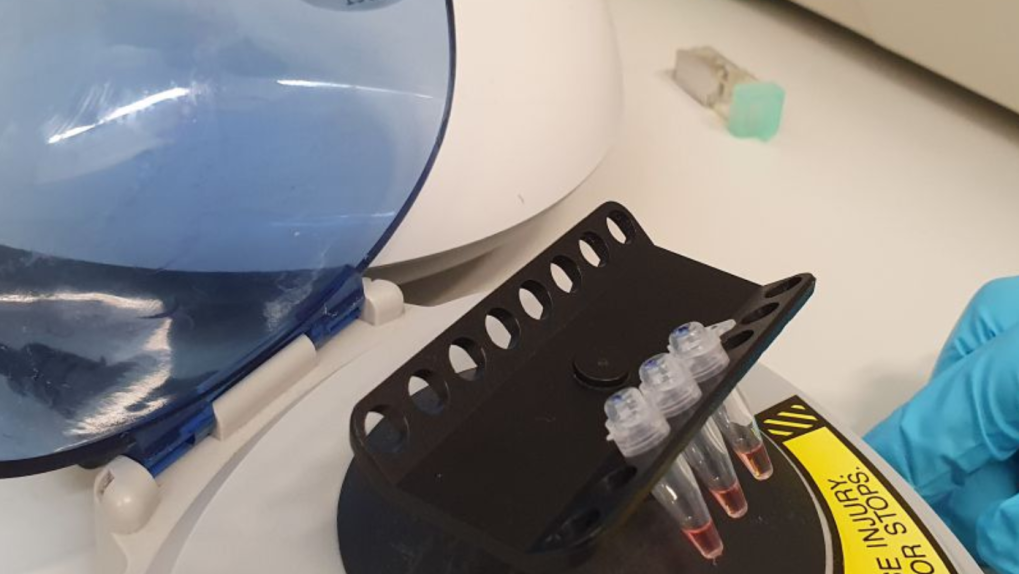- Oxford scientists have developed a new test for the coronavirus that returns a result in as little as 30 minutes, far faster than any existing test.
- The test is highly accurate and can detect even the earliest stages of the infection, making it a great tool for the healthcare community.
- A device is being developed to make the test easy to use by doctors and patients alike, but it’s unclear when it might be available for widespread use.
- Visit BGR’s homepage for more stories.
A new coronavirus test developed by scientists at the University of Oxford could prove to be a vital weapon against the rapid spread of COVID-19. The test, which was developed specifically to detect the novel coronavirus, can return results in as little as 30 minutes.
One of the biggest hurdles to quickly and accurately mapping the spread of the coronavirus pandemic has been not only the distribution of test kits but the time it takes for those tests to produce either a positive or negative result. Many of the earliest tests took days before doctors knew the result, but that was shortened to less than a day, and newer tests often return results in anywhere from a few hours to 90 minutes.
It’s vital that doctors are able to detect new cases of COVID-19 as soon as possible. Doing so will allow health officials to map the spread of the virus and better plan how to combat it via quarantines, lockdowns, and other measures. Waiting hours or even days to know if someone has the disease hinders these efforts. A test that takes just a half-hour to product a result would be a huge upgrade.
“The beauty of this new test lies in the design of the viral detection that can specifically recognize SARS-CoV-2 (COVID-19) RNA and RNA fragments,” Professor Wei Huang of Oxford said in a statement. “The test has built-in checks to prevent false positives or negatives and the results have been highly accurate.”
In an update posted to the university’s website, the test is described as “very sensitive,” making it capable of detecting an infection even in its earliest stages, potentially offering patients and doctors even more time to predict serious health consequences in individuals who are considered high risk.
After extensive testing, the scientists believe the technology works well enough to be rolled out immediately, but doing so means producing the tests on a large scale. They are currently working on building “an integrated device” that could be easily used by doctors as well as patients who wish to self-test. It’s unclear exactly when this new test will reach availability.
Right now, it’s still incredibly important to practice self-isolation and social distancing to curb the spread of the disease while we wait on faster testing options and eventually a vaccine.








